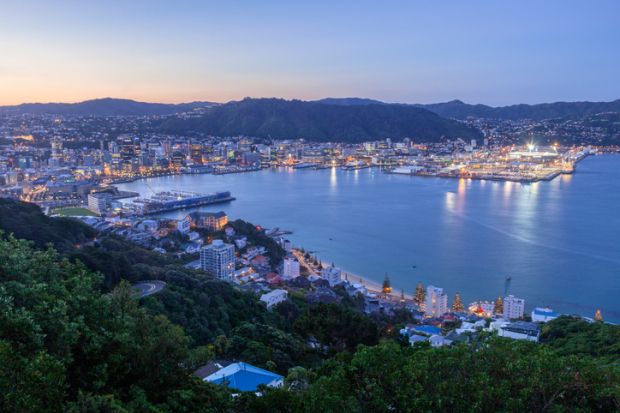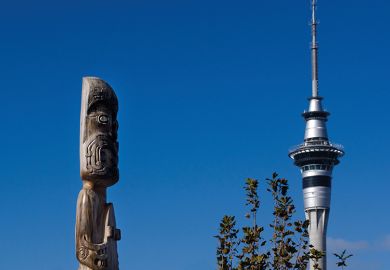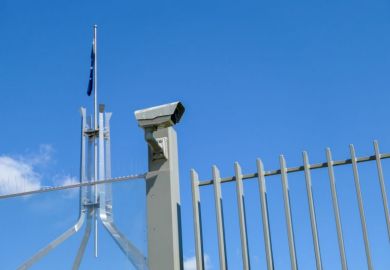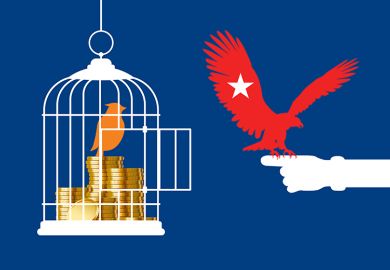Governance structures at New Zealand’s premier learned academy leave its 400-odd fellows with limited voting rights and are “at complete odds” with arrangements at other incorporated societies in the country, according to a former vice-president.
Massey University mathematician Gaven Martin said idiosyncratic operating rules at the Royal Society of New Zealand (RSNZ) gave fellows only a marginal say in the organisation’s leadership. This allowed an unrepresentative “clique” to become entrenched and pursue policy agendas possibly conflicting with the views of most of the membership.
Speaking to Times Higher Education ahead of a 13 April extraordinary meeting, called to discuss concerns over a recent academic freedom case, Professor Martin said he did not expect the group’s motions to be put to a ballot because “fellows don’t have a vote”.
“There’s no mechanism for it,” he said. “Our council can make rules and regulations about itself. There is no requirement for the council to consult with fellows or members on anything it does.”
Professor Martin, who has claimed one of the society’s most prestigious fellowships and one of its top medals, is a former council member who has sat on many RSNZ committees. He said New Zealand’s Incorporated Societies Act offers strong guidance around voting and the appointment of office-holders.
But these standards do not apply to the RSNZ, whose act of parliament does not provide for direct election of most council members nor require a constitution.
“There is a very good reason why incorporated societies are not allowed to act this way,” Professor Martin said. “As soon as a clique gets a majority of council, they can perpetuate their ideology. They choose people with the same views. It’s a hall of mirrors. They look out and only see themselves.”
Professor Martin initiated a letter to the Royal Society’s chief executive seeking a review of its structure, function and “alignment with other international academies”. The letter, signed by 68 fellows, also sought a review of the society’s code of conduct which he said had “only been used to shut down debate”.
The letter also sought an apology to former fellows Robert Nola and Garth Cooper, who resigned after the society initiated an investigation of them for publicly expressing concerns over plans to incorporate Indigenous knowledge into the high school science curriculum, and to the estate of the late Michael Corballis, who was also investigated. The investigation was later dropped.
The letter says many fellows have “lost confidence in the current academy executive and council, whose actions seemingly have brought the society into disrepute, shutting down useful debate and bringing international opprobrium from leading scientists”.
THE understands that the meeting was attended by about 150 RSNZ fellows, staff and office-holders. The three motions were not put to a vote. Office-holders disputed claims about governance shortcomings, but said they had “listened and will take action”. The meeting’s facilitators pledged to prepare a report for the council and invited input from people attending the meeting, but it is unclear what the council will do with the report.
THE requested comment from the RSNZ, which did not respond.
University of Auckland literature professor Brian Boyd, who attended the meeting, said RSNZ officers would not be able to overlook “the widespread criticisms of the lack of accountability and engagement”, but their response was “entirely up to them. There is no concrete pressure on them except…moral pressure.”
Register to continue
Why register?
- Registration is free and only takes a moment
- Once registered, you can read 3 articles a month
- Sign up for our newsletter
Subscribe
Or subscribe for unlimited access to:
- Unlimited access to news, views, insights & reviews
- Digital editions
- Digital access to THE’s university and college rankings analysis
Already registered or a current subscriber?








